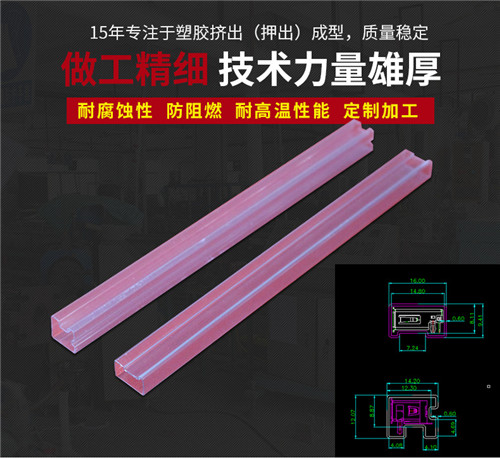
Phone Number :
07 09, 2023

Ultraviolet (UV) radiation poses a significant threat to the durability and lifespan of PVC hoses. To assess the anti-UV properties of PVC hoses and provide reliable guidance for product selection, thorough testing and verification processes are crucial.
Several factors contribute to the degradation of PVC hoses under UV exposure, such as pigment, plasticizer, stabilizer additives, and external conditions. By conducting standardized tests and analyzing the results, the anti-UV performance of PVC hoses can be accurately evaluated.
The intensity of UV radiation experienced by PVC hoses varies depending on factors such as geographical location and application environment. Evaluating the performance of PVC hoses under different UV intensities enables manufacturers and users to identify suitable products for specific applications.
To simulate real-world scenarios, the UV intensity test involves exposing PVC hoses to artificial sunlight or xenon arc lamps, which emit comparable UV spectra. The test duration can be adjusted based on the expected service life of the PVC hose, allowing for accelerated aging and performance evaluation over time.
PVC hoses with enhanced UV resistance usually contain specific additives that mitigate the harmful effects of UV radiation. The verification process involves assessing the effectiveness and durability of these additives.
Various analytical techniques, such as Fourier Transform Infrared Spectroscopy (FTIR) and Differential Scanning Calorimetry (DSC), are employed to examine chemical changes and determine the degradation extent of PVC hoses. By comparing samples with and without UV-resistant additives, the efficacy of these additives can be accurately evaluated.
Field testing provides a comprehensive understanding of how PVC hoses perform under real-world conditions, including exposure to UV radiation, temperature fluctuations, and mechanical stress. It also allows for long-term performance evaluation to assess the durability and reliability of PVC hoses.
Field testing involves installing PVC hoses in various applications and monitoring their performance over an extended period. The evaluation includes regular inspections, mechanical property measurements, and visual inspections for signs of degradation, such as discoloration, cracking, or embrittlement. In combination with laboratory tests, field testing provides valuable insights into the overall anti-UV performance of PVC hoses.
Ensuring the anti-UV performance of PVC hoses is essential for their long-term functionality. Through comprehensive testing and verification processes, the impact of UV intensity can be assessed, the efficacy of UV-resistant additives can be validated, and the long-term performance of PVC hoses can be evaluated. By choosing PVC hoses with proven anti-UV properties, users can mitigate the risks associated with UV radiation and optimize the lifespan of their hoses in various applications.